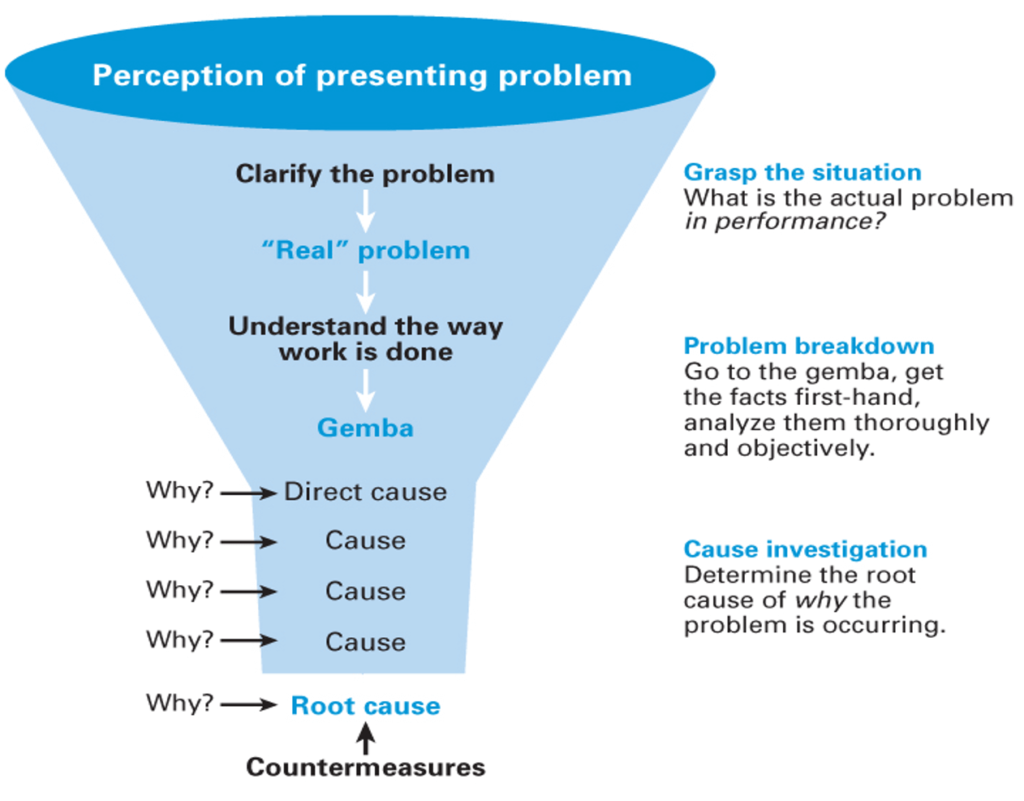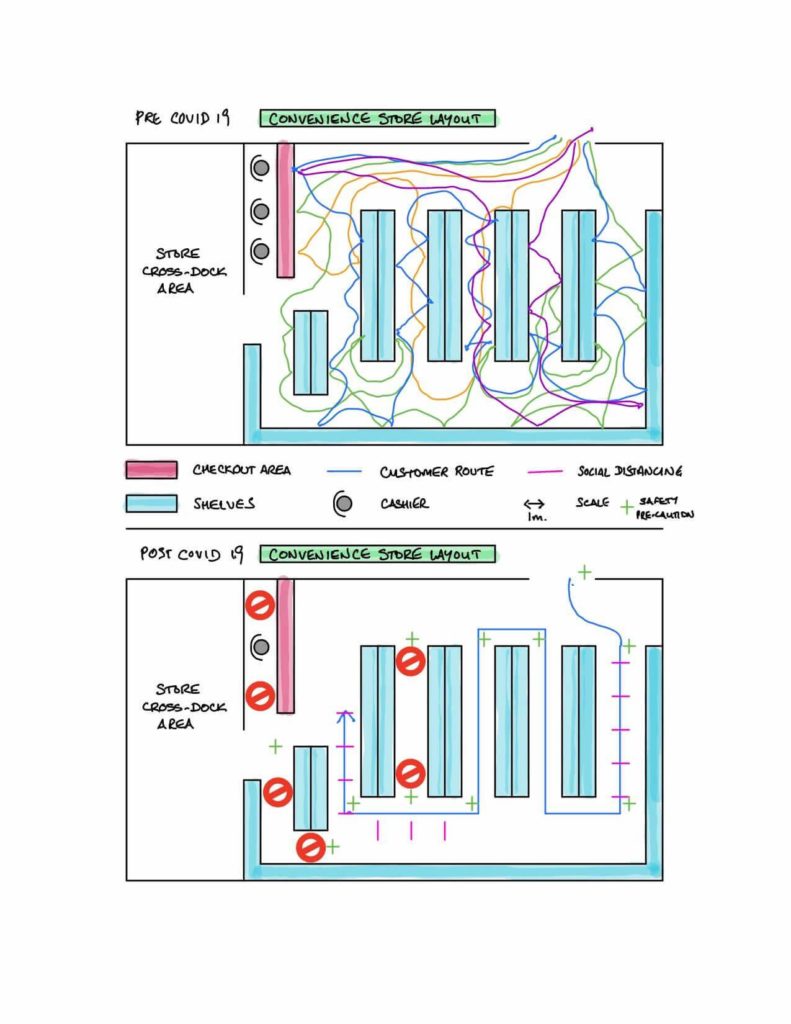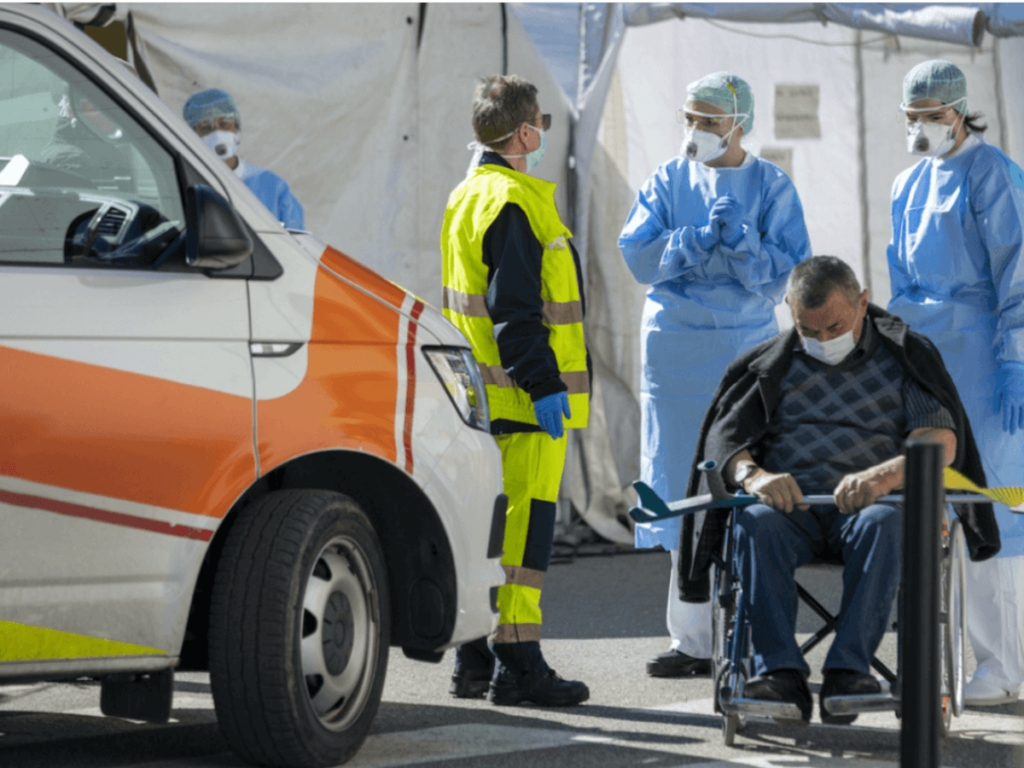Everyone at LEA hopes that our lean community, your families, friends and colleagues continue to be safe. As I write this letter we are still in the eye of the Covid19 crisis. In our working lives, we’ve all experienced events to which the term crisis has been applied. In a business context we remember vividly the early 1990’s recession and the global financial crisis of 2007-08. We’ve also seen a number of health crises ranging from BSE in mid 1996, to SARS in 2013, to the H1N1/09 influenza pandemic in 2009. It’s fair to say that none felt as far reaching and as difficult as Covid19 but, during their time, each provided problems and opportunities for those navigating them.
Companies have also had to deal with their own crises. Even Toyota, the company Lean Thinkers often look to as leader in lean thinking and practice. Shortly after Akio Toyoda took the helm of Toyota in 2009 the company found itself in the midst of crisis. It had been unprepared for the deep recession and currency swings that followed the global financial crisis. Its problems compounded by an unprecedented safety crisis, requiring the recall of more than 10m cars and in 2011, serious supply disruptions caused by Japan’s earthquake and flooding in Thailand.
Toyota’s crisis triggered a “back to basics” approach from the company, revisiting its guiding principles. In a statement in 2010 Akio Toyoda said, “Under the banner ‘Let’s build better cars’, we will go back to the basics of ‘customer first’ and ‘genchi genbutsu’, and once more, deeply consider what ‘customer first’ really means. All our employees around the world, all of our dealers and all our suppliers will unify in their utmost efforts to regain the trust of our customers as soon as possible.”
Lean Thinkers everywhere should take note of the approach (the funnel below from John Shook’s book “Managing to Learn” provides a visual reminder.) Navigating a crisis is a journey, a process, with a number of steps or phases. You may well be in survival mode, in which case “containment” of the problem is the priority. This is where we try to do something quickly to stop (or at least limit) the situation from getting worse. Think putting a sticking plaster on a cut to stop it from bleeding. In the strictest sense, containment is an interim step to protect the customer, protect our partners and employees. However once containment approaches are in place, we need to analyse the situation – getting “back to basics” in terms of sharpening our problem solving skills to understand the issues thoroughly. The better our understanding of the situation the more likely we are to define the problem(s) to solve and to choose effective countermeasures that help close the gaps we identify. Analysis means assessing customer requirements, the work we do, the standards we’ve defined, the capabilities and skills, the leadership style and the management system we have – think man-woman/method/machines/materials on steroids. Both the technical and social elements of our work. It’s very easy to jump to the next “solution” to try, far more difficult to get “back to basics” – but my bet is the best lean thinkers will do just that and come out of the crisis much stronger for it.

To help you through your problem solving process here are three articles (published in the last month) that provide perspectives on the current issues at hand and an unpublished video of John Shook’s talk at our Lean Summit a couple of years ago. I hope they help you move forward.

Spaghetti Charts & Physical Distancing
The advent of the coronavirus has created a new dimension to the planning and delivery of safe processes. Dave Brunt’s article looks at physical distancing and the creative solutions we need to go back to work safely. In particular the article looks at how the simple lean tool, the spaghetti chart, can be used to help us create safe flow in our organisations.

The World After Covid-19
This Dan Jones article first appeared on Planet Lean on April 17th. Dan looks ahead to the challenges that will need to be addressed post the Covid-19 pandemic.

Fighting Covid-19 with Lean Healthcare
This article first appeared on Planet Lean on April 3rd. The article written by our Lean Global Network’s healthcare initiative group highlights seven key lean practices – each with actionable tips – that can really help healthcare teams handle this emergency more effectively.